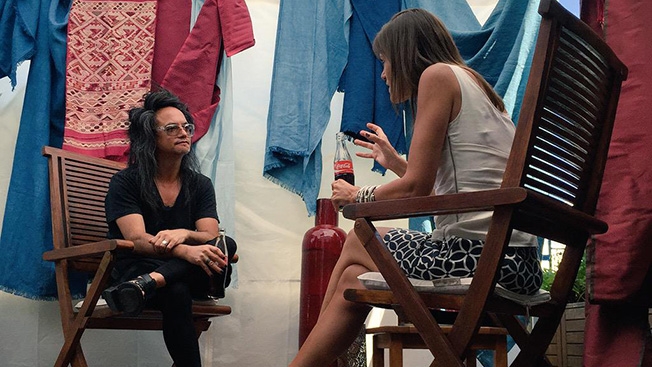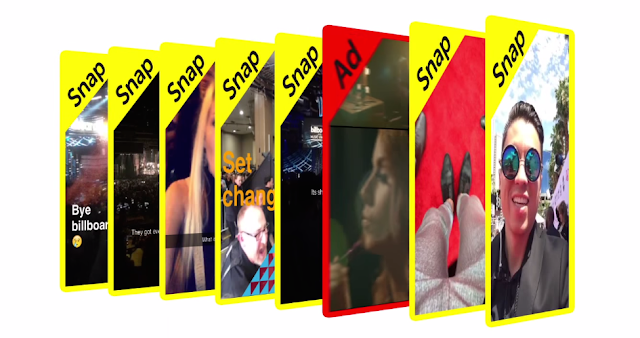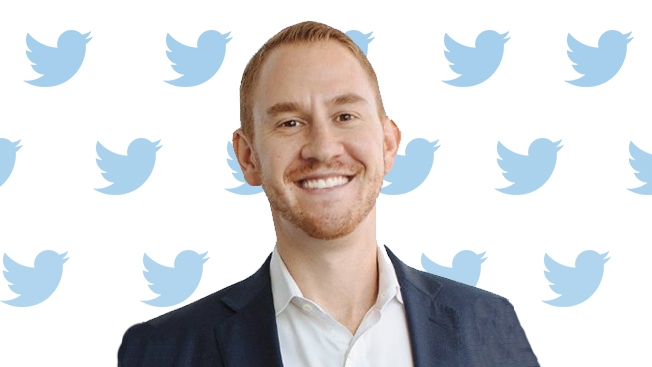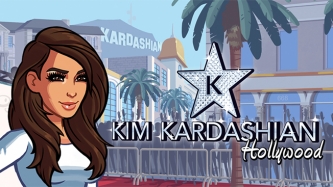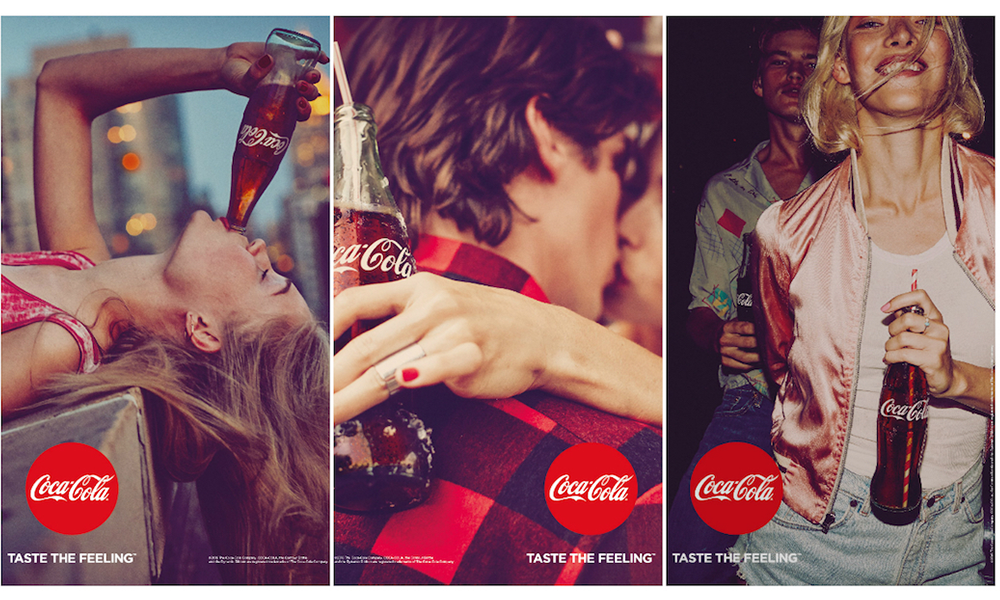If you were a brand, what brand would you be?"
Monica Lewinsky asked during her talk at the Cannes
International Festival of Creativity on Thursday, noting that she was a
brand in major crisis back in the late '90s -- one from which she almost
didn't bounce back.
She won a standing ovation from the creative elite at
Cannes Lions after telling them in emotional speech to join her mission to ensure “public shaming as a blood sport must stop.”
Lewinsky appeared at the festival Thursday to deliver the Ogilvy
& Inspire keynote speech.
She told the crowd, “Like me, at 22, a few of you may also have taken
wrong turns and fallen in love with the wrong person, maybe even your
boss … Unlike me, though, your boss probably wasn’t the president of the
United States of America.
“Not a day goes by that I am not reminded of my mistake, and I regret
that mistake deeply. In 1998 after having been swept up into an
improbable romance, I was then swept up into a political, legal and
media maelstrom, that we had never seen before.
Ms. Lewinsky said that her affair in 1998 with then-president Bill
Clinton sealed her fate as "patient zero," the first person to be
publicly shamed and ostracized online on a massive, global scale. This
scandal, she said, was "brought to you by the digital revolution."
In a speech that echoed much of her recent TED talk, Lewinsky, 41,
went on to describe how “I was branded as a tart, slut, whore, bimbo,
floozy and of course ‘that woman,’ I was seen by many but truly known by
few … It was hard to remember ‘that woman’ had a soul and was once
unbroken.
“In 1998 I lost my reputation and my dignity, I lost almost everything, and I almost lost my life.”
“There were moments for me when it seemed like suicide was the only
way to end the ridicule … because of the headlines, my parents knew what
I was going through, there was no mistaking it and no escaping it,” she
said, “Today, too many parents have learned of their child’s suffering
after it is too late.”
Much of her talk was dedicated to calling for the end of cyberbullying
and publicly shaming people, but she also talked about how scandals and
public shame have launched an industry, and how the ad world plays a
role.
"How is the money made?" she asked. "Clicks. The more shame, the more
clicks. The more clicks, the more advertising dollars. And the more
advertising dollars... the more of what sells: shame."
Ms. Lewinsky was quick to add, "This is not an indictment of
advertising dollars. I'm sure we can all agree that there's nothing
wrong with advertising dollars... But I believe we can also agree there
are boundaries where profit halts and social responsibility steps in."
We're in a dangerous cycle, she said. "The more we click on this kind
of gossip, the more numb we get to the human life behind it. And the
more numb we get, the more we click. All the while, someone is making
money off of the back of another suffering." We are all co-creating the
content collectively by our clicking behavior, she said -- we are all
the editors of new media.
Ms. Lewinsky brought advertising into play, saying brands can play a
role in creating a more compassionate world, one that rejects shaming.
"Building a more compassionate society is going to be a bilateral
exercise between individuals and the brands that represent their
aspirations, their values and their truths. People make brands. If
people are compassionate, brands will be compassionate in return."
"We can change our behavior….we can together make a society where the
sometimes distancing effect of technology doesn't remove our
fundamental humanity."
She concluded, “We can lead each other to a more compassionate, more
empowered place, we can help change our behavior, we can all learn from
mistakes … and we can together make a society where the sometimes
distancing of technology does not remove our humanity.
“You are the creative engines that will drive forward our culture. Will you help me?”


